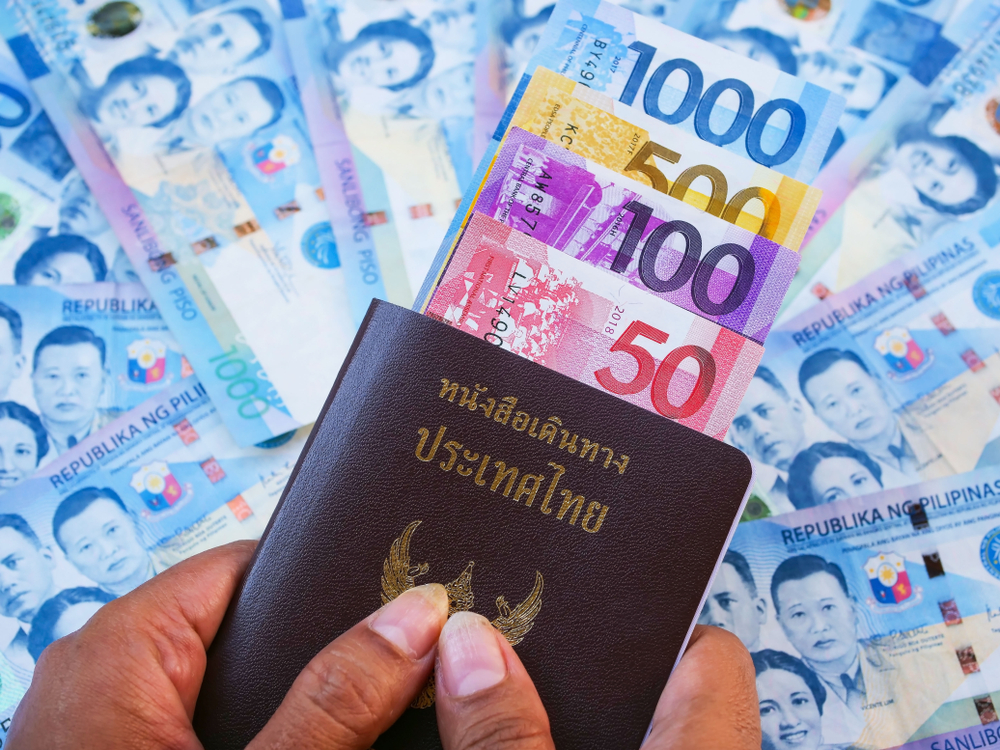The Philippines Amends Its Foreign Investment Act
On March 2, 2022, President Rodrigo Duterte signed Republic Act No. 11647, which amends the Foreign Investment Act (FIA), also known as Republic Act No. 7042. The amendments aim to promote and attract foreign investments by allowing, for the first time, international investors to set up and fully own domestic enterprises in the Philippines.
Further, another amendment includes the establishment of an Inter-Agency Investment Promotion Coordination Committee (IIPCC) tasked with integrating the promotion activities to encourage foreign investment.
What Are The Amendments To The Foreign Investment Act?
Foreign Ownership Of Small And Medium-sized Enterprises
Under the FIA, micro, small, and medium-sized enterprises (MSME) with paid-in capital of less than US $200,000 are reserved for Philippine nationals. However, under the amendments, foreign nationals can own an MSME with a minimum paid-in capital of US $100,000 provided that the enterprises meet the following conditions:
-
Utilize advanced technology (to be determined by the Department of Science and Technology);
-
Are endorsed as startup enablers or as a startup in accordance with the Innovative Startup Act; or
-
The company hires no less than 15 Filipino employees, a reduction from the previous requirement of 50.
The New Inter-Agency Investment Promotion Coordination Committee
Under the amended FIA, the government will create the Inter-Agency Investment Promotion Coordination Committee (IIPCC) which is a body that integrates all the promotion and facilitation efforts to encourage foreign investments. An inter-agency body will provide a uniform approach to foreign investment promotion, since various government agencies may have different strategies when it comes to foreign investment promotion and facilitation.
The President Has The Power To Suspend, Prohibit, Or Limit Foreign Investments
To safeguard national interests, the amened FIA gives the President of the Philippines power to order the IIPCC to review foreign investments that may threaten the safety, security, and well-being of Filipinos. Examples include foreign investments involving cyberinfrastructure, military-related industries, and pipeline transportation, among others.
Understudy Or Skills Development Program For Foreign Nationals
Foreign businesses employing foreign nationals and are enjoying fiscal incentives must devise an understudy or skills development program that benefits Filipino workers. This ensures that local workers receive the knowledge and skills from their foreign colleagues.
The program that companies develop will be monitored by the Department of Labor and Employment.
Why Has The Philippines Amended Its Foreign Investment Act?
The Philippines has long struggled to lure foreign investments and a 2019 Organization for Economic Cooperation and Development index shows the country had Asia’s most restrictive foreign investment laws. The Philippines is also plagued with issues such as policy uncertainty, corruption, red tape, and poor infrastructure. Moreover, its economy is dominated by conglomerates (many family-owned) who have spanned their industries to include telecommunications, real estate, and retail, and the tough foreign investment rules have acted as a form of protectionism to protect these local brands.
Foreign businesses usually undertake a joint venture with a local partner or franchise chains to enter the Philippine market and have complained over the protection local rivals receive and their lack of management control.
However, the onset of the COVID-19 pandemic has forced the government to enact reforms to encourage foreign investments into the country. GDP decreased by 9.5% in 2020, making it the worse drop since 1947 and foreign direct investment (FDI) dropped 24.6% in 2020, to US $6.5 billion, down from US $8.7 billion — the third consecutive year of decline.
Lockdowns and other restrictions have shattered the economy and the long-run costs of COVID could reach US $810 billion, twice the 2020 GDP. During the periods of lockdown, the Philippines saw only 29% of businesses able to operate and from this 29%, 78% were operating at half capacity or less whilst only four percent of businesses were operating at full capacity.
In addition to amendments to the FIA, the government has also approved Senate Bill (SB) 2094, which amends the Public Service Act by enabling 100% foreign ownership of public services and has made amendments to the Retail Trade Liberation Act that reduces the minimum paid-up capital for foreign retail enterprises.




Comments